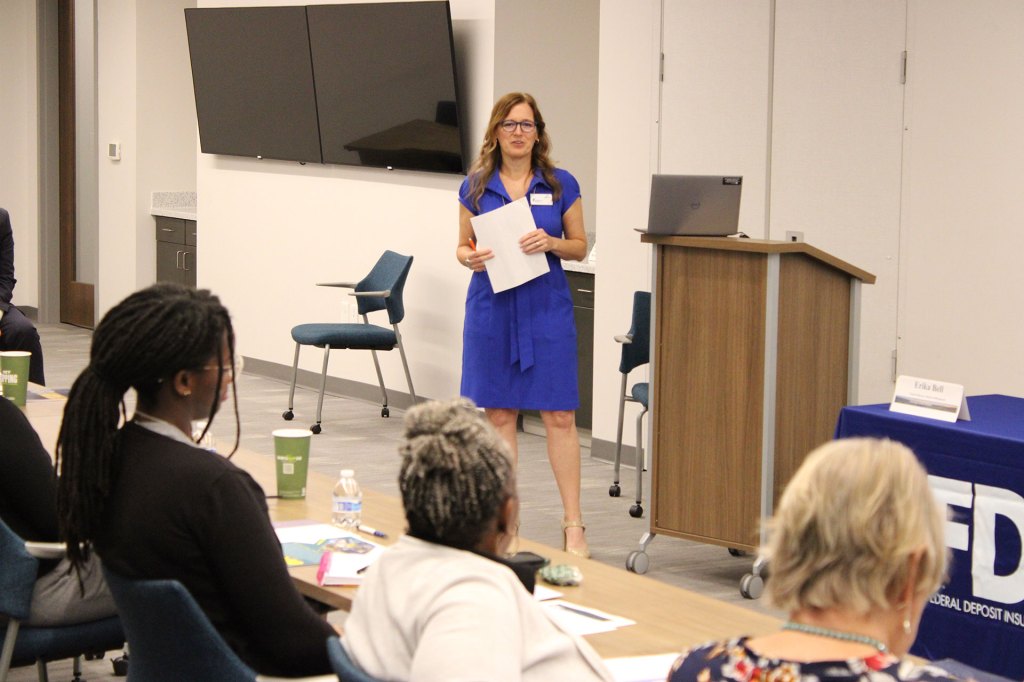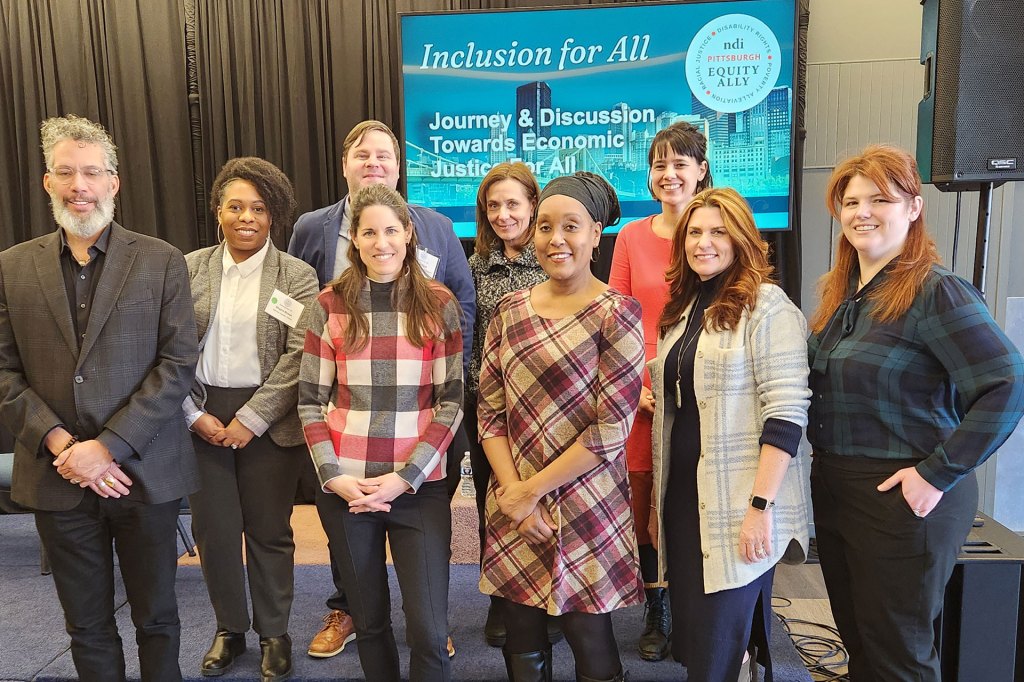Equitable Development
-
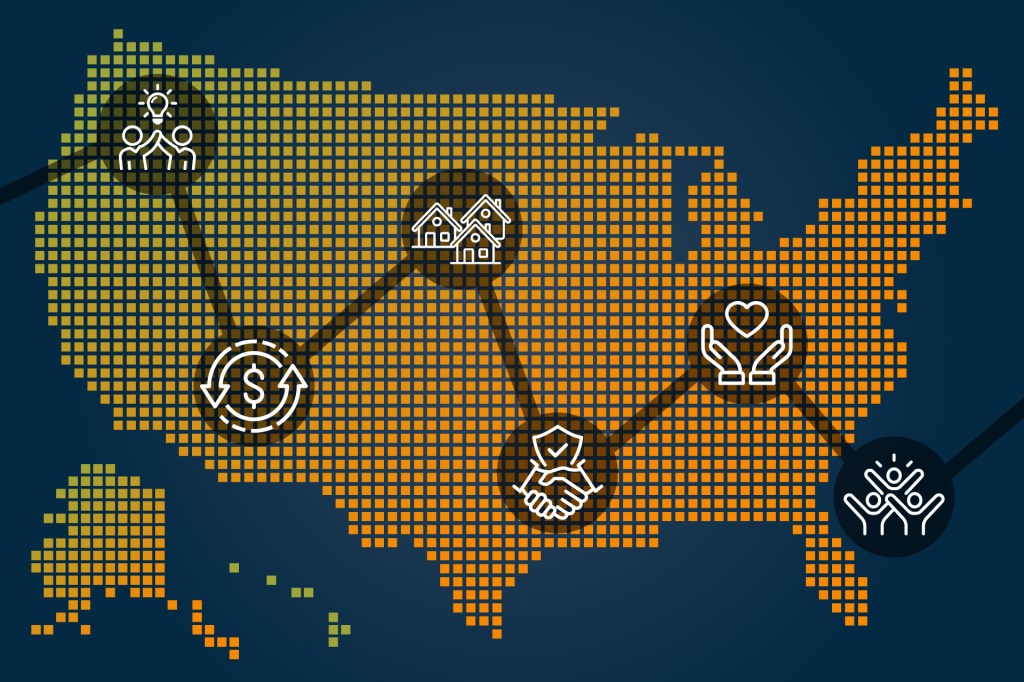
Community Perspectives Survey: Insights from the field—Health of entities serving low- and moderate-income communities
The second report from the 2024 Community Perspectives Survey focuses on the health of organizations serving low- and moderate-income (LMI) communities and discusses the challenges they face. These organizations provide vital services to lower-income communities and infrastructure that promotes economic resilience and mobility.
-

How community colleges meet the needs of students and employers via non-credit programs
Non-credit training programs offered by community colleges can help address labor shortages by providing students with skills and credentials they need for specific occupations. Outreach by the Richmond Fed indicates that funding for these programs is inconsistent, and there are constraints for both students and institutions hoping to utilize these programs.
-
![[Watch] Approaches to and Lessons Learned from Community-Engaged Research](https://fedcommunities.org/wp-content/uploads/2024/07/connecting-communities-community-engaged-research.jpg?w=1024)
[Watch] Approaches to and Lessons Learned from Community-Engaged Research
In this Connecting Communities webinar, hear examples of how community-engaged methods can highlight the experience of workers and jobseekers. Watch or listen on demand.
-

Project highlights factors that influence Black business owners’ attitudes about debt
Data and conversations help inform reasons why Black businesses can be hesitant to apply for credit and emphasize the need for more education about the loan underwriting process.
-

Community Perspectives Survey: Insights from the field—Economic conditions in low- and moderate-income communities
The 2024 Community Perspectives Survey, conducted nationally by the Federal Reserve, provides an overview of economic conditions in low- and moderate-income (LMI) communities. The first report examines key findings in the areas of housing, employment, financial stability, health, education, small business and access to technology.
-
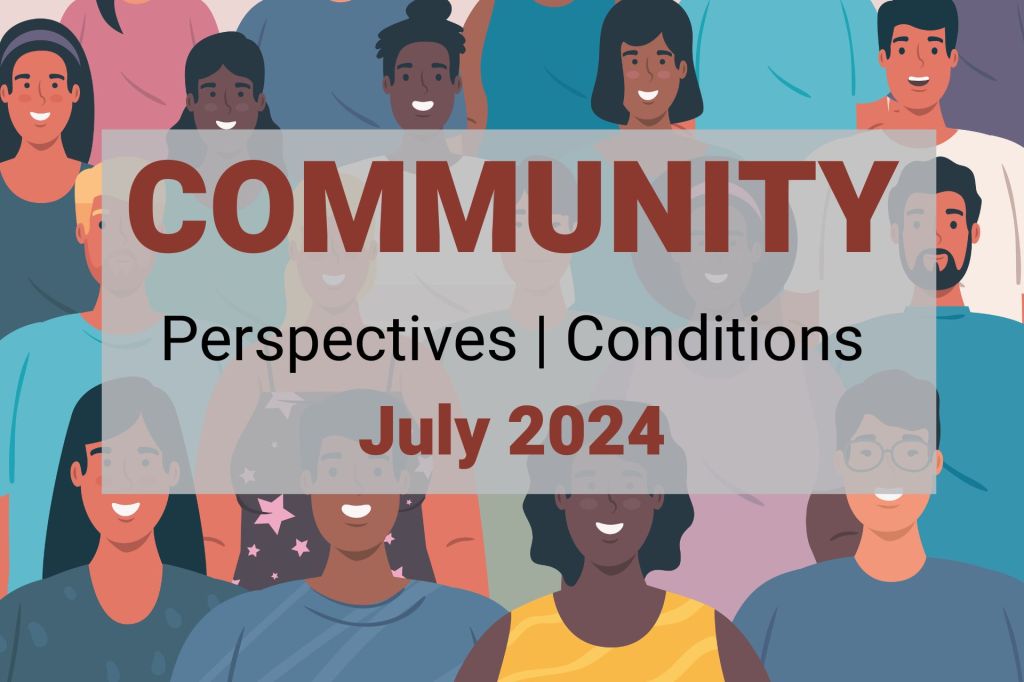
Community perspectives and conditions from the Fed’s Beige Book, July 2024
Here’s what nonprofit and community leaders, and workforce professionals serving lower-income people shared with the Federal Reserve for the July 2024 Beige Book.
-

New playbook shows how and when key investments can drive sustainable change in communities
Strategies for addressing climate, health, and economic vulnerabilities come to life in a new playbook designed to build more resilient communities.
-
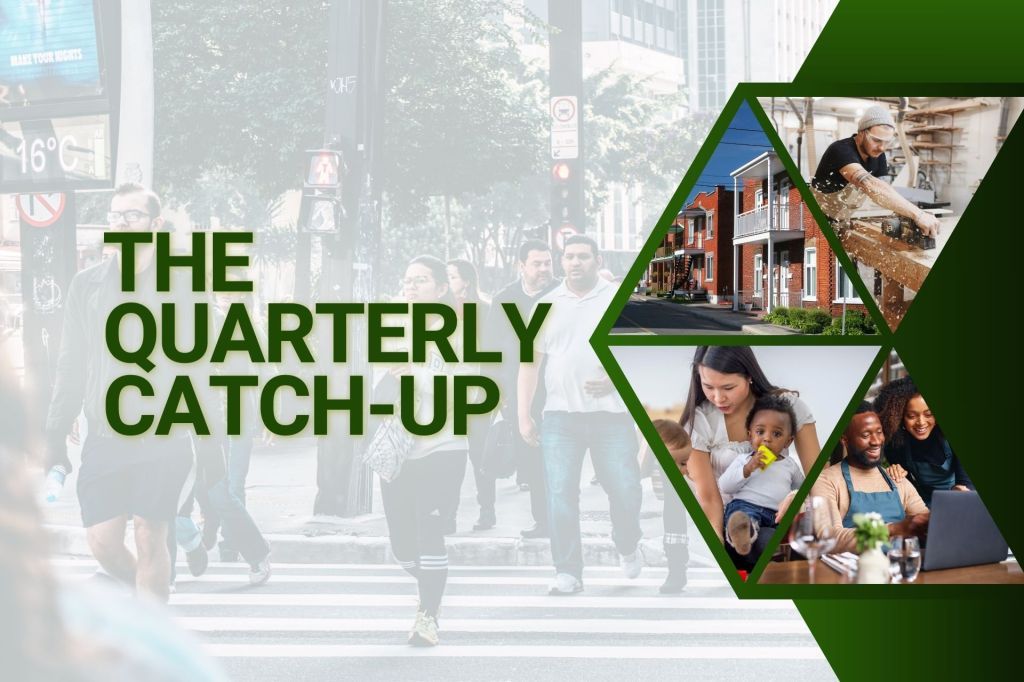
The quarterly catch-up, Q2 2024
Check out the latest community development-related research, analyses, and articles from all 12 Federal Reserve Banks and the Board of Governors. This post captures content published between April 1 and June 30, 2024, on topics affecting marginalized communities.






